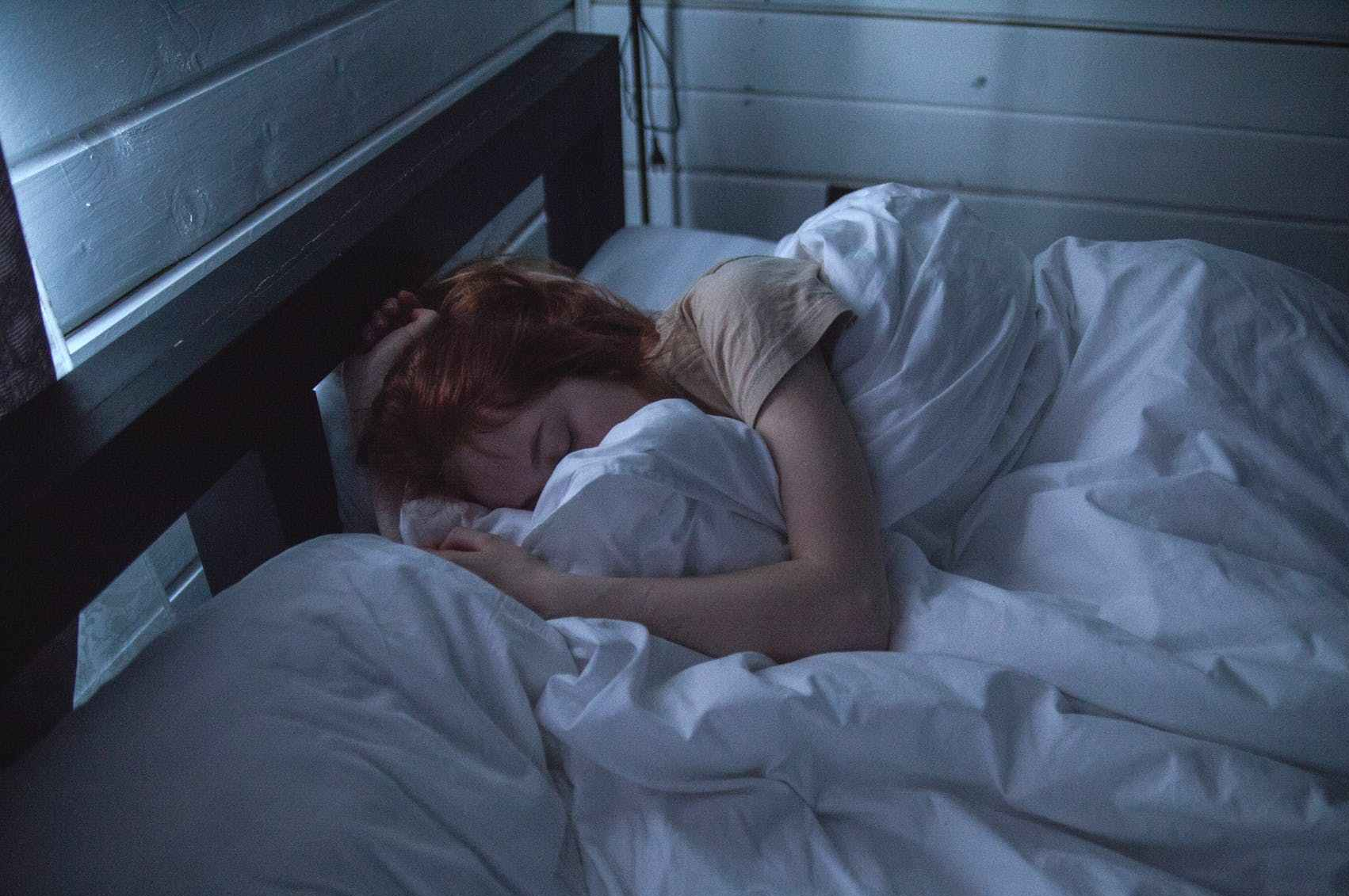Sleep hygiene is defined as behaviors that one can do to help promote good sleep using behavioral interventions. Here are some tips…
Maintain a regular sleep routine
• Go to bed at the same time. Wake up at the same time. Ideally, your schedule will remain the same (+/- 20 minutes) every night of the week.
Avoid naps if possible
• Naps decrease the ‘Sleep Debt’ that is so necessary for easy sleep onset.
• Each of us needs a certain amount of sleep per 24-hour period. We need that amount, and we don’t need more than that.
• When we take naps, it decreases the amount of sleep that we need the next night – which may cause sleep fragmentation and difficulty initiating sleep, and may lead to insomnia.

Don’t stay in bed awake for more than 5-10 minutes.
• If you find your mind racing, or worrying about not being able to sleep during the middle of the night, get out of bed, and sit in a chair in the dark. Do your mind racing in the chair until you are sleepy, then return to bed. No TV or internet during these periods! That will just stimulate you more than desired.
• If this happens several times during the night, that is OK. Just maintain your regular wake time, and try to avoid naps.
Don’t watch TV or read in bed.
• When you watch TV or read in bed, you associate the bed with wakefulness.
• The bed is reserved for two things – sleep and hanky panky.
Drink caffeinated drinks with caution
• The effects of caffeine may last for several hours after ingestion. Caffeine can fragment sleep, and cause difficulty initiating sleep. If you drink caffeine, use it only before noon.
• Remember that soda and tea contain caffeine as well.
•Avoid inappropriate substances that interfere with sleep
• Cigarettes, alcohol, and over-the-counter medications may cause fragmented sleep.

Exercise regularly
• Exercise before 2 pm every day. Exercise promotes continuous sleep.
• Avoid rigorous exercise before bedtime. Rigorous exercise circulates endorphins into the body which may cause difficulty initiating sleep.
Have a quiet, comfortable bedroom
• Set your bedroom thermostat at a comfortable temperature. Generally, a little cooler is better than a little warmer.
• Turn off the TV and other extraneous noise that may disrupt sleep.
• If your pets awaken you, keep them outside the bedroom.
• Your bedroom should be dark. Turn off bright lights.
• Have a comfortable mattress.
If you are a ‘clock watcher’ at night, hide the clock
Have a comfortable pre-bedtime routine
• A warm bath, shower
• Meditation, or quiet time
Some who are struggling with sleep regularly find it helpful to print out these recommendations and read them regularly. If you accidentally miss some of recommendations, or have a bad night, do not fret. By following these sleep hygiene recommendations, you will help yourself to get into a routine that promotes good sleep opportunities.
The American Sleep Association (ASA)
Posted by James T. McLaughlin, PhD, LP-HSP, BCPCC
Psychologist at Brain & Behavior Associates

